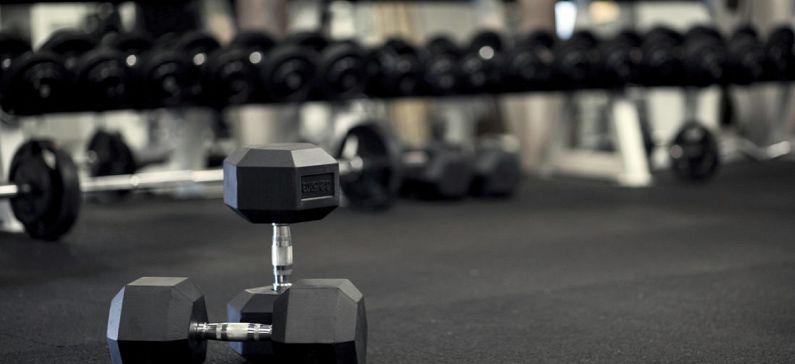
Greek researcher finds that weights may help stop Alzheimer’s
Α new study by the University of Sydney, led by a Greek researcher, found that lifting weights will not only make your muscles but also your brain stronger. This is true to the extent that even those with mild cognitive impairment experience improved brain function when they weightlift.
Increased muscle strength led to improved brain function in adults with Mild Cognitive Impairment (MCI). Mild Cognitive Impairment defines people who have noticeably reduced cognitive abilities such as reduced memory but are still able to live independently, and it is a precursor to Alzheimer’s disease.
It’s not the first study to show such exercise helps cognitive function, but it is the first to show that the amount of improvement MCI patients made was very much dependent on the strength gains they got from the training, said lead author Yorgi Mavros.
“What we found is that the improvement in cognitive function was related to their muscle strength gains,” said lead author Dr Yorgi Mavros, from the Faculty of Health Sciences, at University of Sydney.
“The stronger people became, the greater the benefit for their brain.”
The trial, which was part of a wider study into cognitive function and resistance training, involved 100 adults with MCI, aged between 55 and 86.
They were divided into four groups: those doing resistance exercise and computerised cognitive training; resistance exercise and a placebo computerised training (watching nature videos); brain training and a placebo exercise program or placebo physical exercise and placebo cognitive training.
Participants prescribed the resistance training performed weight-lifting sessions twice a week for six months, working at least 80 per cent of their peak strength.
As they got stronger, the amount of weight they lifted was increased.
The results of the trial, published in the Journal of American Geriatrics, showed overall cognition improved significantly after resistance training, as measured by tests including the Alzheimer’s disease Assessment Scale for cognition.
The cognitive training and placebo activities did not have this benefit.
MRI scans have also showed that a particular part of the brain got thicker and bigger as a result of the strength training, said Dr Mavros.
The results are particularly good news for those older patients with arthritis who find walking or jogging painful.
“Something like strength training is a bit more accessible to these people because quite often you’re seated and the exercises are modifiable to work around some of the pain you might be getting,” Dr Mavros said.








